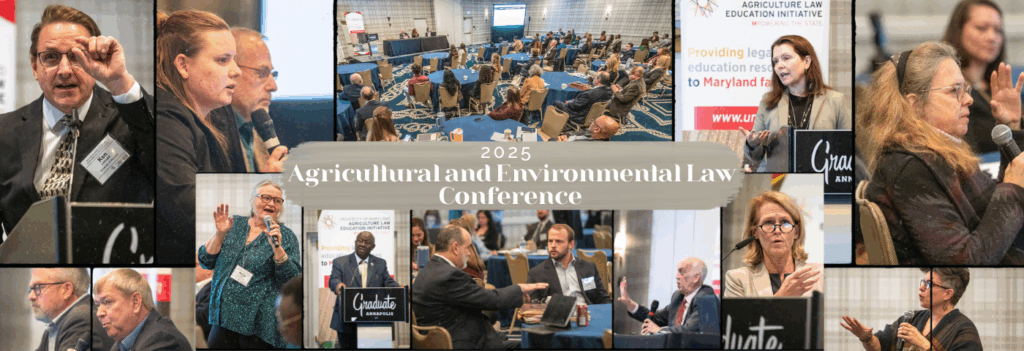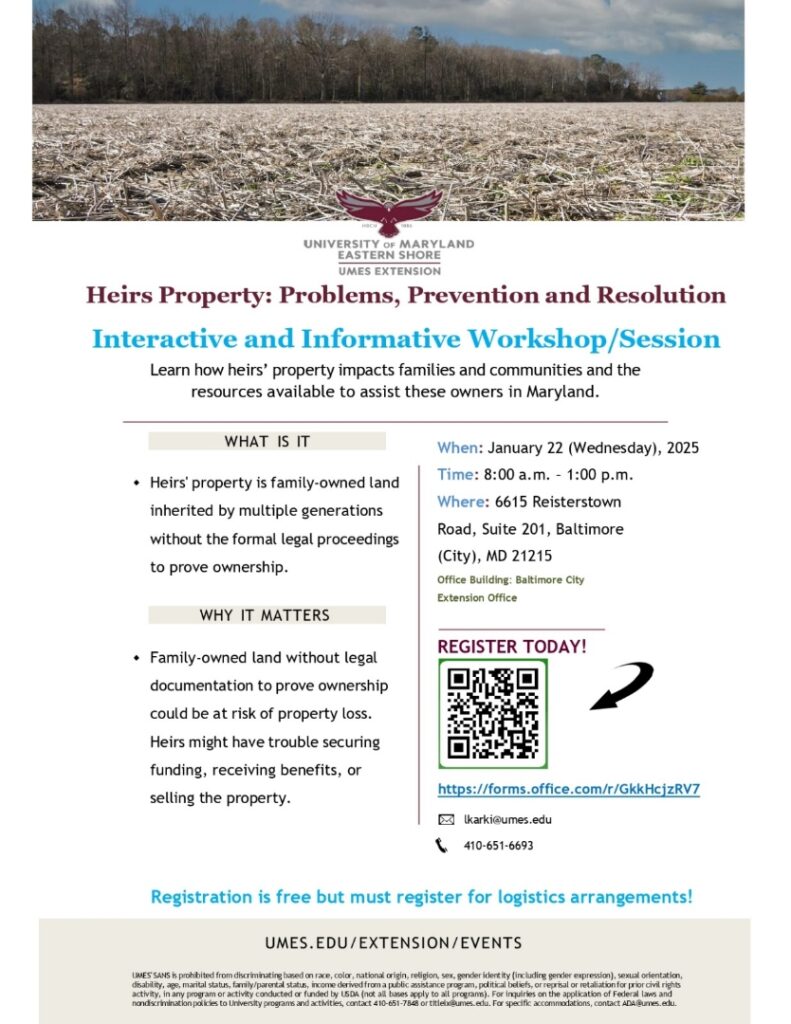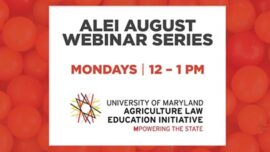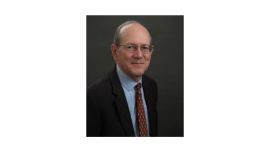By Jess Feldman and Kimberly Johnson
Lindsay Thompson will be featured on the Chlorpyrifos and the Legal Landscape of Pesticide Regulation panel at this year’s Agricultural and Environmental Law Conference. The conference will be held at the Crowne Plaza Hotel in Annapolis, Maryland, on Thursday, Nov. 8, 2018. You can register through this link.
Thompson will join Joshua Segal from the Office of the Maryland Attorney General and Dave Myers from the University of Maryland to discuss the regulatory and legal landscape surrounding Chlorpyrifos, a commonly used pesticide. Thompson will examine the statutory review process that all pesticides must go through and the science demonstrating safety for humans and the environment required for pesticides to be approved. A current issue plaguing pesticide policy, Thompson explained, is the existence of conflicting bodies of science; this results in advocates on both sides of the issue using inconsistent information in their efforts to communicate science to policymakers.
Recently the U.S. Environmental Protection Agency (EPA), under the Trump administration, withdrew a proposed rule which would have deregistered the pesticide Chlorpyrifos. Several states successfully challenged this decision, filing lawsuits against the EPA stating administrator Scott Pruitt violated the Administrative Procedures Act. In August, the 9th Circuit Court of Appeals in California ordered the EPA to revoke the registration for Chlorpyrifos within 60 days. The EPA has said that it will appeal the court’s decision to the Supreme Court. At the moment, all pesticides, including Chlorpyrifos, are regulated by the EPA under the Federal Insecticide, Fungicide, and Rodenticide Act, a federal law governing the registration, use, sale, and distribution of pesticides in the United States. According to Thompson, however, the regulatory requirements for approval of all pesticides could be threatened, depending on the outcome of this case.
“Regulating pesticides in the court, outside of the statutory process, creates uncertainty for the agricultural community about the future availability of products they depend on to grow a safe and reliable source of food, fuel and fiber,” Thompson said.
Thompson is the owner of Thompson Ag Consulting, a firm that provides association management, government relations, and public relations services to agricultural and natural resource related non-profits. Clients currently include Maryland Grain Producers, Delaware-Maryland Agribusiness Association, Maryland Association of Soil Conservation Districts, and Maryland Pork Producers Association, among others.
“I grew up on a grain farm on the Eastern Shore where my family still resides and my husband and I are currently building a house,” Thompson said. “Agriculture is in my blood and I am passionate about it.”
After receiving her bachelor’s in political science and government from Washington College, Thompson went on to earn her master’s in public policy from the University of Maryland.
In addition to her work with Thompson Ag Consulting, Thompson is active in the Chesapeake Bay Program, where she assists in mitigating agriculture’s contribution to nutrient pollution in the Bay and works extensively on pesticide policy at the state level.
For more information on the fourth annual Agricultural and Environmental Law Conference, or to register, visit https://go.umd.edu/aleiconf.









